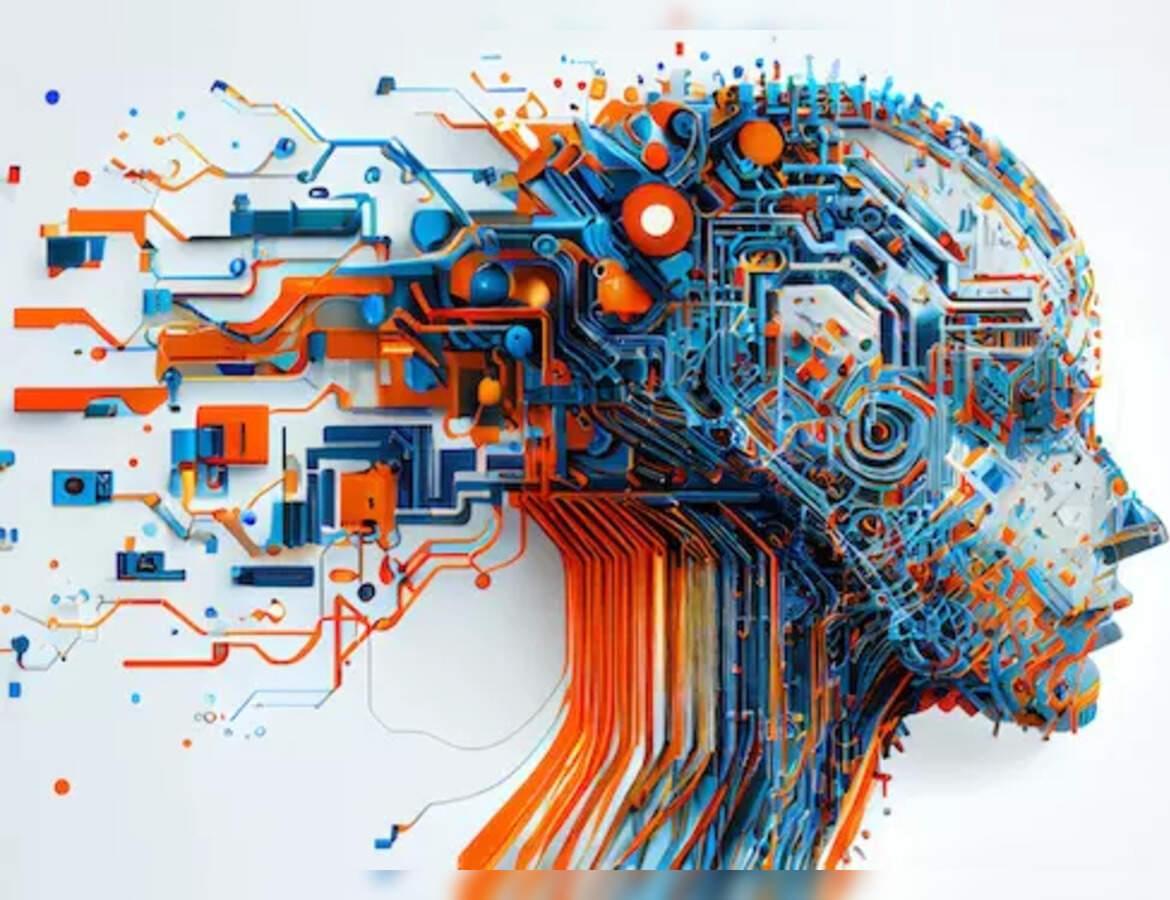Questions to inspire discussion AI Model Performance & Capabilities.
🤖 Q: How does Anthropic’s Opus 4.6 compare to GPT-5.2 in performance?
A: Opus 4.6 outperforms GPT-5.2 by 144 ELO points while handling 1M tokens, and is now in production with recursive self-improvement capabilities that allow it to rewrite its entire tech stack.
🔧 Q: What real-world task demonstrates Opus 4.6’s agent swarm capabilities?
A: An agent swarm created a C compiler in Rust for multiple architectures in weeks for **$20K, a task that would take humans decades, demonstrating AI’s ability to collapse timelines and costs.
🐛 Q: How effective is Opus 4.6 at finding security vulnerabilities?




